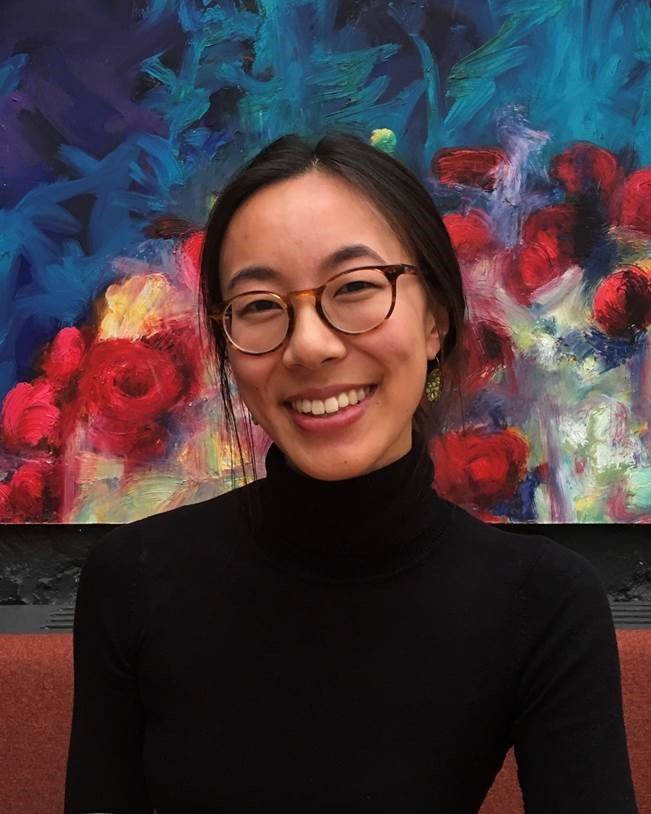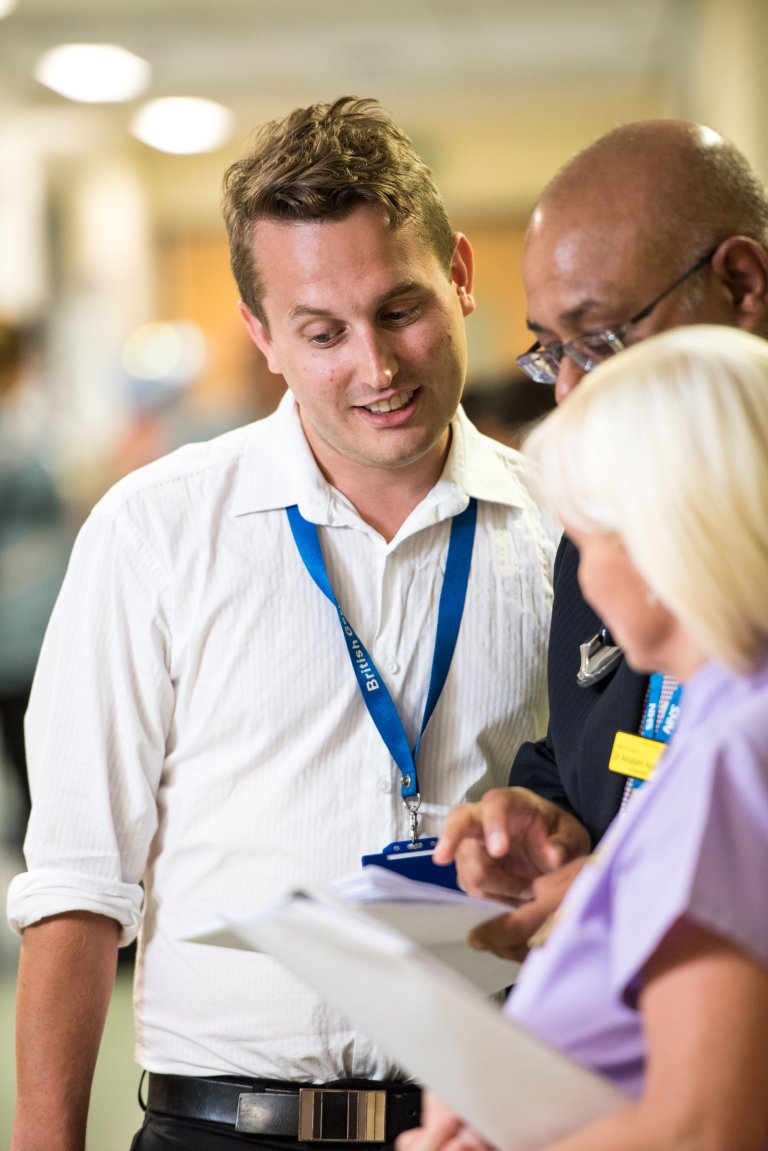It's never too early to take your first steps into research as a Foundation doctor. BGS Trainees' Council member Dr Katherine Chin shares her experiences of the Specialised Foundation Programme (previously known as the Academic Foundation Programme). Dr Chin is currently working as a research and teaching fellow at Guy’s and St Thomas’ Hospital in the Ageing and Health Department. She was previously a Specialised Foundation Programme Trainee (SFP) during her Foundation Years 1 and 2.
Why should I be interested in research?
What was good about the SFP/AFP?
When should I start thinking about SFP/AFP?
How can I obtain research experience?
- Get in contact with the Research and Academic Development Committee (RADC) of the BGS. They will be more than happy to facilitate medical students coming to observe meetings and to see how committee members work to improve geriatric research and increase the academic reach of the BGS. If you would like to, you can also apply to be a RADC medical student representative. Drop the team an email enquiry and they can advise on how to apply.
- Complete an intercalated degree, although this does then extend your study and there are associated costs with this, it is a good opportunity to complete a research dissertation and to gain experience of numerous research skills.
- Contact people who work in the academic field and express your interest to them! Generally, people are happy to talk to someone who has shown that they are eager and enthusiastic. You may find that they have useful insight into what life as an academic is like or you may even find that there are some projects you could input on.


